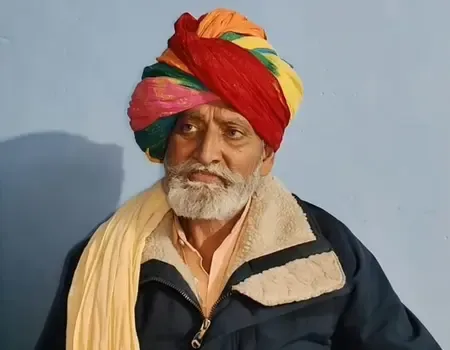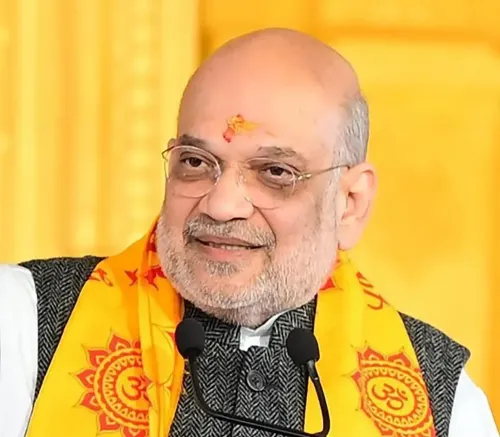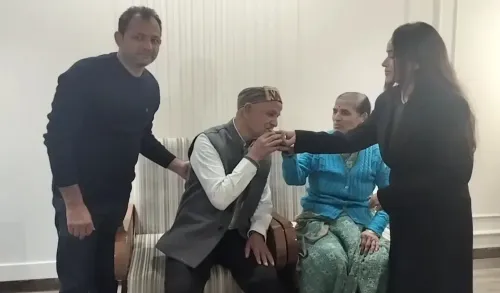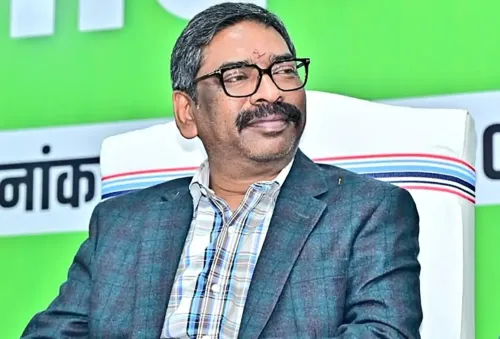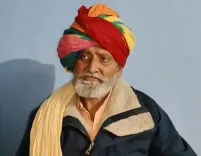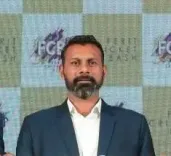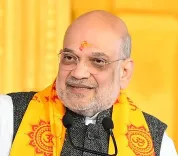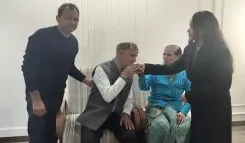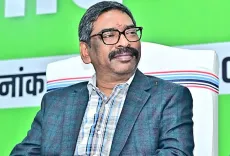Is the Credibility of the UN Panel in Question due to False Claims?

Synopsis
Key Takeaways
- ASHA programme is essential for healthcare in rural India.
- Women community health workers receive various social security benefits.
- India has regulations governing surrogacy practices.
- Misleading reports can undermine international dialogue on women's rights.
- There is a need for accurate information in global discussions.
United Nations, Oct 11 (NationPress) India has raised concerns regarding the reliability of a UN panel that generated a report on discrimination against women, which falsely asserted that women community health workers in India lack access to social security benefits.
BJP MP Poonamben Maadam emphasized on Friday that the working group's methodology in preparing the report is misleading, and more importantly, it casts doubt on the credibility and accuracy of the information and recommendations provided.
She made these remarks during the Interactive Dialogue on the Advancement of Women, held by the General Assembly’s Third Committee, which addresses social, humanitarian, and cultural issues.
The committee reviewed the report from the UN’s Working Group on Discrimination Against Women and Girls, which specifically targeted India, claiming that the nation’s women community health workers do not receive social security benefits.
“The Accredited Social Health Activist (ASHA) programme is a fundamental aspect of India's community health system, essential for delivering basic healthcare services to every village,” she stated.
ASHA workers earn performance-based wages alongside social security benefits, she added.
“Under the Prime Minister's pension scheme, ASHAs receive a monthly pension post-60 years of age,” Maadam noted.
Additionally, they are entitled to annual health coverage of Rs 500,000 and life insurance of Rs 200,000 through the Prime Minister's insurance initiatives, she mentioned.
“It would have been beneficial if the working group had conducted a thorough investigation before singling out India in their report,” Maadam expressed.
Claudia Flores, a law professor at Yale University and chair of the working group, disregarded Maadam’s critiques while responding to remarks from participants in the dialogue.
Reem Alsalem, the UN’s special rapporteur on violence against women and girls, also made an incorrect assertion about India towards the end of the session regarding surrogacy.
While addressing concerns about exploitation in surrogacy, she claimed that despite altruistic surrogacy being legal in Britain, British nationals remain among the most frequent foreign clients in India.
However, India has prohibited commercial surrogacy and its use by foreigners under the Surrogacy (Regulation) Act of 2021.
Currently, India only permits altruistic, or non-commercial, surrogacy for married Indian couples under strict regulations.


